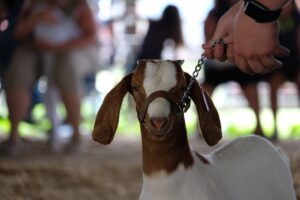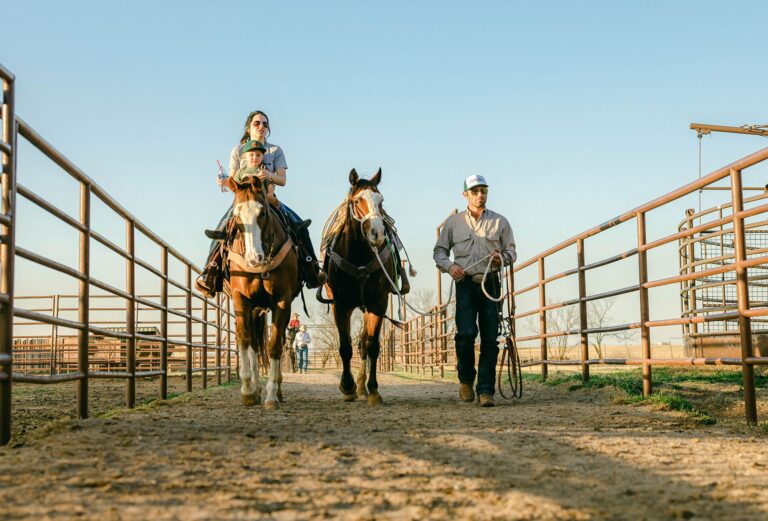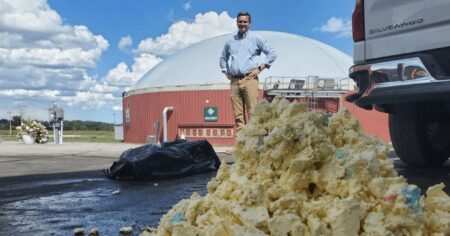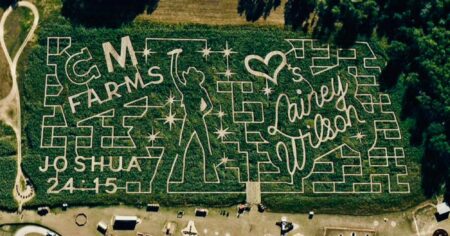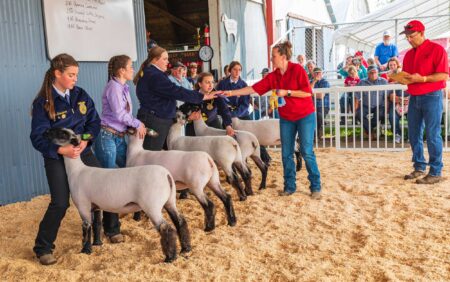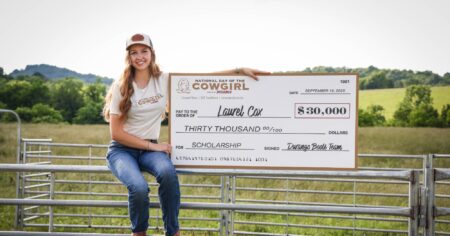For those who grew up on the farm or ranch, saying it’s “in my blood” might be a pretty common thing. It’s a nice saying, basically sharing that ag is more than a job, it’s a way of life. But is that sentiment true? Does ag really need to be something you’re born into, or can anyone find their calling in agriculture?
Agriculture has long been a generational industry. Almost 98 percent of all farms are family owned. With a deep history of family farming comes generations of experience, knowledge, and often land and equipment that is passed on. For those who didn’t grow up in this, agriculture can feel intimidating. Land prices are high, equipment is expensive, and it’s easy to assume that if you don’t come from a farming family, there’s not a place for you in the industry. But this simply isn’t true.
Tradition and history are certainly important in ag, but so is having new ideas and people to get involved. It might be hard to see all the time, but there is a place for everyone in agriculture.
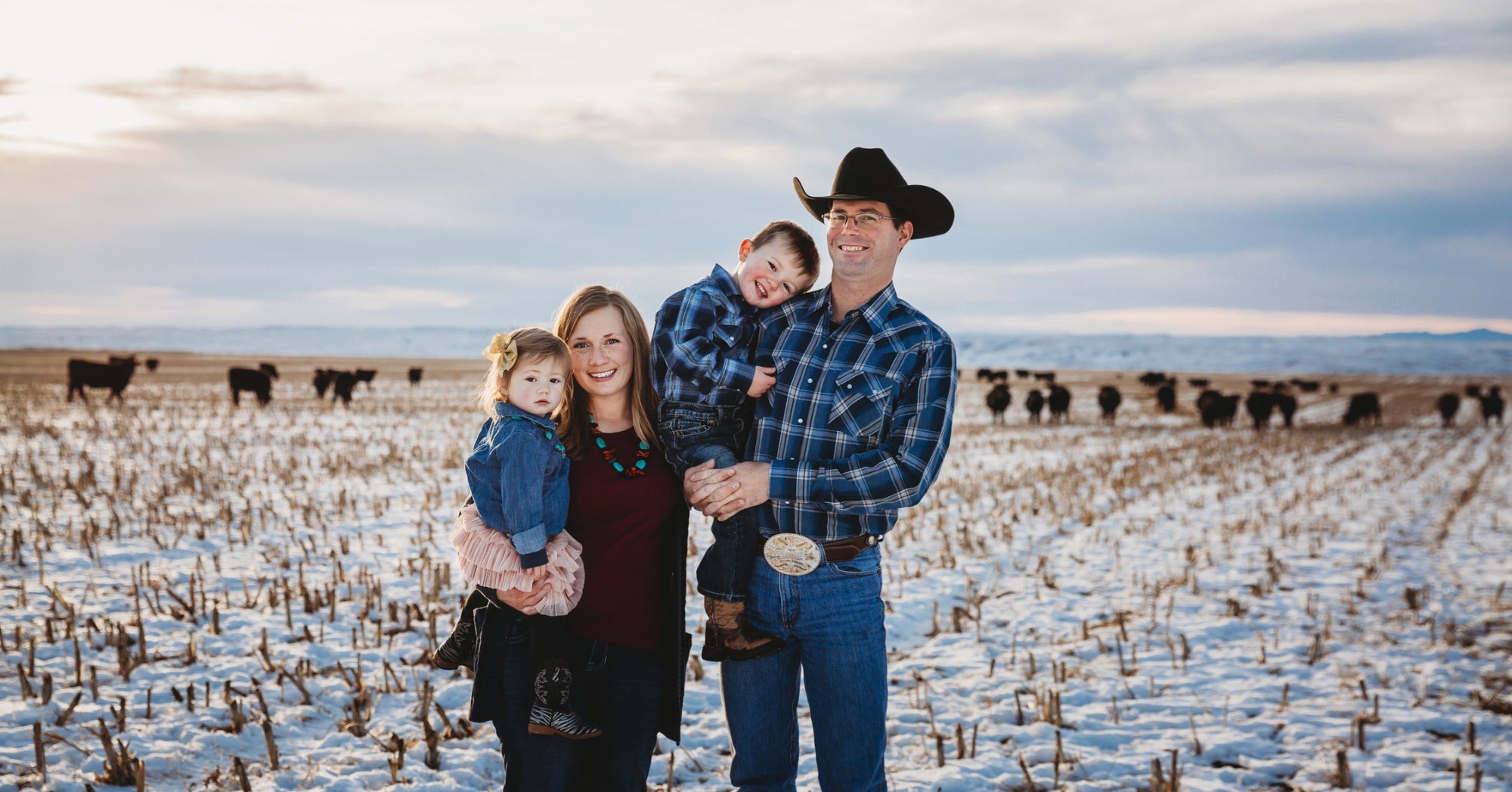
There are a few reasons agriculture tends to be generational and lean toward being “in your blood.” First, agriculture — through its remote communities and independence — really does feel like a way of life. Growing up in it helps you have a deeper understanding of ag.
People can gain a lot of skills and experience from a young age if they grow up on a farm. They are well equipped to take over a farm if they want to and are able to. Farming also requires access to resources like land and equipment. Buying these things, especially land, can be a huge barrier to those who want to start farming.
But even if you weren’t raised on a farm, it doesn’t mean you can’t learn. Having a passion and willingness to learn can take you a long way in agriculture.
Getting started as a first-generation farmer can be hard, but there is help. The U.S. Department of Agriculture and other organizations have many resources for beginning farmers and ranchers. You can connect with a beginning farmer coordinator, get financial assistance and loans specifically for beginning farmers, and explore other resources. Extension also offers many resources and ways for you to learn more. It could be a local Extension Agent or Educator in your county who can answer questions, or online resources that tell you more about farming or ranching in your state or county. Extension also offers lots of free or low cost classes, soil testing, business and financial help, and more. Many state departments of ag also have resources available. There are other grant opportunities and tons of resources for underserved populations.
Other farmers and online communities can also be a big help. Sometimes you need more than just educational and financial tools and resources. Having social support and people to get feedback and ideas from is also important. Social media can be very helpful. Many people share stories from their journeys as they begin farming and there are many Facebook groups dedicated to supporting each other in farming or ranching. You might also be able to connect with neighbors or other beginning farmers from nearby to help you out.
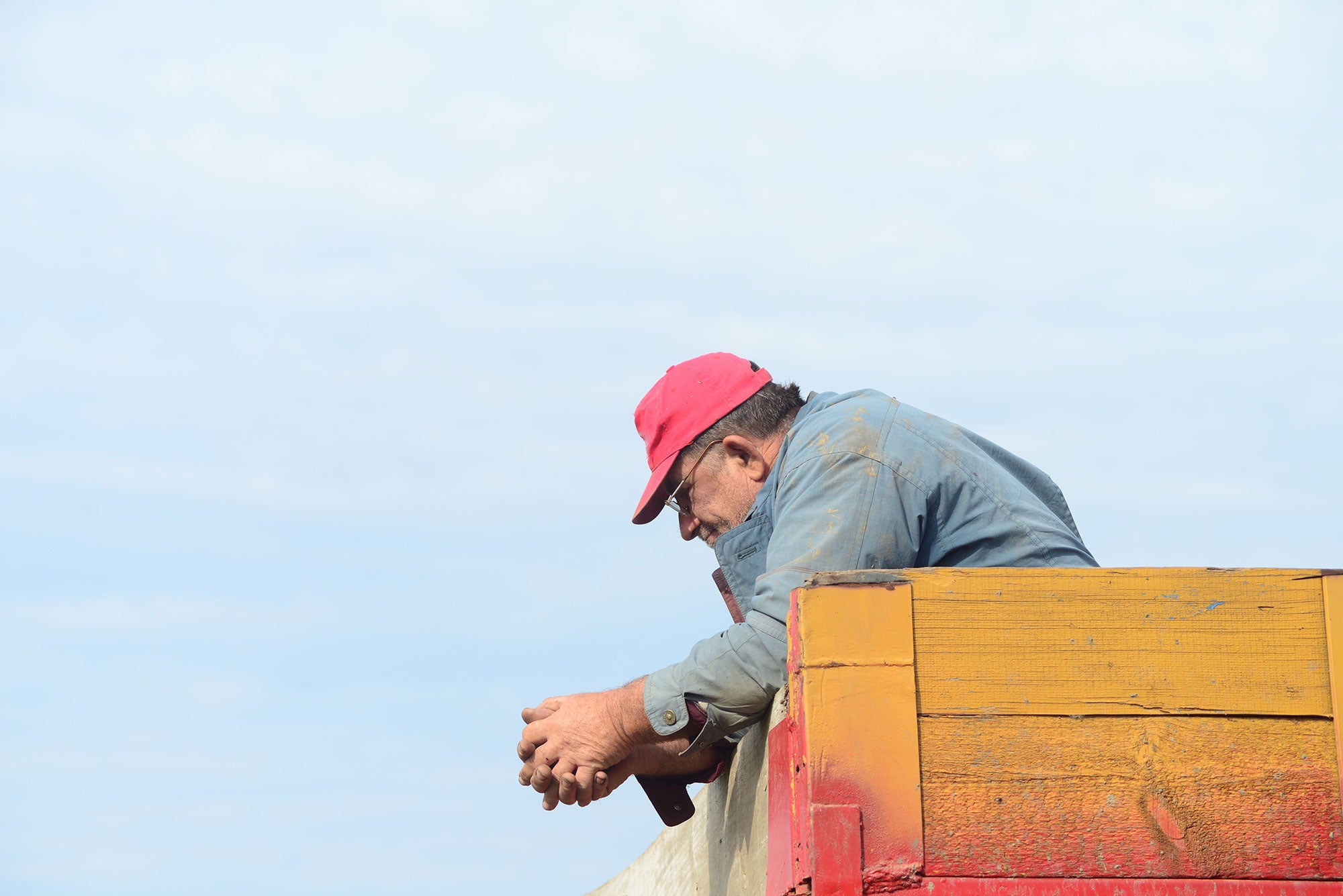

Keeping those in ag is also important. The average age of U.S. farmers is over 58 years old, so finding future generations to take over is key. Farming often being a family affair is why transition plans are so important and such a big deal. There are also many resources to help create transition plans and provide support as others take over a farm.
Agriculture runs deep “in the blood” of some families, and having this tradition is important, but so is welcoming new people into agriculture. Having a mix of those who grew up in the industry and those who bring fresh, new ideas is important. There is a place for everyone in agriculture. What is actually important is that the people we have in ag care for the land, the animals, and are passionate about their job of feeding the world.
Beginning farmers might find that ag is actually “in their blood” after all, even if they didn’t grow up in it.
Michelle Miller, the Farm Babe, is a farmer, public speaker, and writer who has worked for years with row crops, beef cattle, and sheep. She believes education is key in bridging the gap between farmers and consumers.


:max_bytes(150000):strip_icc()/10621136395_38f39e393d_o-5840150322224f2eb93650c06d73333f.jpeg)
:max_bytes(150000):strip_icc()/GEHL_VT360_CTL_Truck_Loading-c651d633ed2147ff8d2fe08d2c1fc468.jpg)
